
Contents


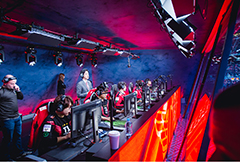

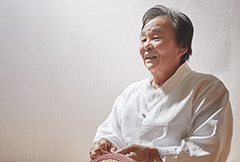
Master Weaver

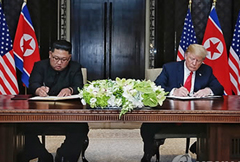


in Korea
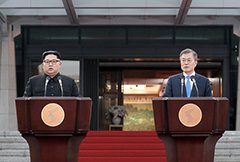

Korea is, and Will Continue to be,a Force in the Gaming Indutry
Korea is seen as the greatest gaming country in the world, as most of the gamers around the world are enjoying Korean games.
Written by Kim Sung-tae, Journalist of <Gameshot.net>, Korea Game Media Association

The Korean Video Game Industry, a Latecomer That Ended Up Winning the Race
As PCs reached the mass market later in Korea than in the West, the first Korean video game was only launched in 1987. Due to the relatively less developed IT industry back then, Korea didn’t have much presence in the PC or console game industry. However, the spread of high-speed internet connections and the introduction of *PC rooms gave rise to the hits “The Kingdom of the Winds” by NEXON and “Lineage” by NCsoft, along with the rapid development of the online gaming market. This eventually led to Korea’s status as the world’s leading nation in internet-connected, PC-based video games. Korea’s leadership remains unchanged, even with the shift in the global video game industry to mobile platforms. Korea is currently the world’s largest producer of blockbuster mobile games that have a production cost of USD 1 million or more.
According to the 2017 White Paper on Korean Games, the Korean video game market is projected to exceed USD 11.5 billion in 2018. Although the size of the market is smaller than those in the U.S. or mainland China, the spending per person on video games is much larger, considering the smaller population. More importantly, Korean video games are hugely popular, not just in mainland China and elsewhere in East Asia, but also in North and South America, Europe and Africa.
* PC rooms
A facility that provides computers for users to mainly play games or browse the internet. Unlike internet cafes, PC rooms focus on high quality desktops and high speed internet.

Launched in 2005, G-star is a global trade show for the video game industry that drew the participation of 676 companies from 35 countries and 225,000 visitors in 2017. With one of the world’s fastest internet infrastructures creating ideal conditions for playing video games, Korea gave birth to professional video gamers, creating a whole new way to enjoy video games as a spectator.
Korean video gamers show extraordinary passion, bringing the nation to the top of the “e-Sport” leagues. People of all ages can be seen playing video games everywhere in Korea, and video games that reach success in the Korean market gain global attention, as well. It’s clear that Korea enjoys a certain star status in the world of video games. In fact, it’s no exaggeration to say that Korea is seen as the promised land for gamers. Korea is the greatest video gaming country in the world, with the first thing that gamers around the world associate with Korea being video games.
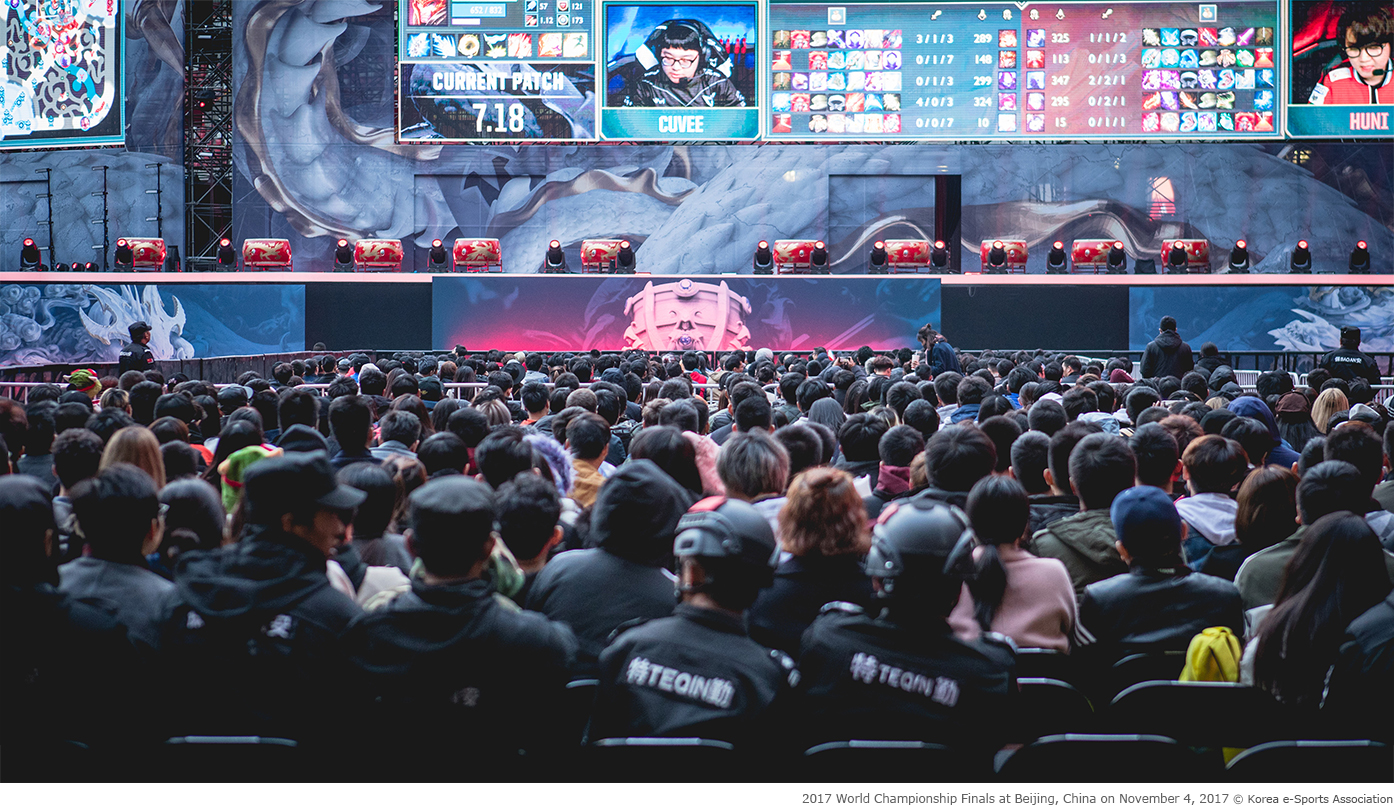
Korea has significant influence on the video gaming industry. Practices that have become the norm in the industry, such as broadcasting video game competitions live, training systems for professional gamers, and free-to-play games, were perfected in the Korean domestic market and then spread to the rest of the world. Korean mobile games boast the highest standards of graphics and diversity of genres in the world. Video game commercials featuring famous celebrities are now all too common. Multi-user domain (MUD) games, the root of online games, were born in Korea, and created the new recreational spaces of PC rooms. Since the paradigm shift in the video game industry to online platforms, Korea has laid claim to numerous firsts in the world of video games.
Unique Characteristics of the Korean Video Game Industry
However, the games themselves and gaming trends in Korea have been different from those in other countries. This was because of the differences in preferences between Eastern and Western societies, as well as the long-standing love of massively multiplayer online role-playing games (MMORPGs) in Korea, originating in early online games. However, a generational change has been taking place among Korean gamers, who now exhibit similar characteristics to video gamers around the world. Unlike older gamers who are used to MMORPGs, young Korean gamers are showing a preference for genres that are popular elsewhere, such as first-person shooters (FPSs) and multiplayer online battle arenas (MOBAs). On the other hand, older gamers with more spending power have shifted their attention to MMORPGs on their smartphones. This is why MMORPGs hold a greater market share among users and revenue in the Korean mobile game market.
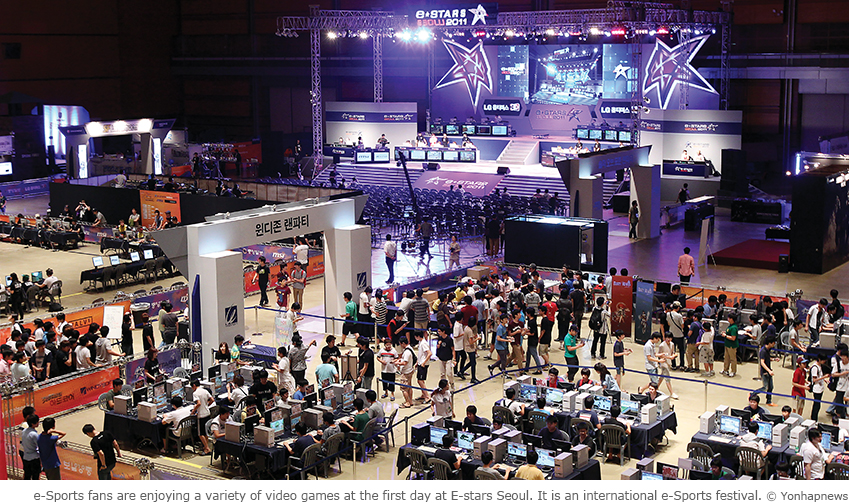
One characteristic of the Korean video game industry is that one hit game can generate popularity for itself and other games in similar genres for a long time. However, once a game of a different genre gains popularity, the new genre rapidly establishes itself as the mainstream. Additionally, flat rate payments are rarely seen, with the majority of players using either the free-to-play method or the paid-elements method. Looking at the nature of the games themselves, Korean gamers tend to prefer video games with clear winners and losers, rather than those with goals that are achieved through cooperation. Perhaps this zero sum spirit is what drove Korean video gamers to reach their position of global prestige.
Korean Video Games Turn to the Global Market
Korean video game makers are now turning to global markets. Export figures for Korean video games have not been insignificant, with a series of popular games seeing success, such as “CrossFire,” which once topped over 3 million simultaneous users in 2011 in mainland China. However, more and more Korean video games are being targeted at non-Korean audiences in the initial production stages in an attempt to break out of the increasingly saturated domestic market.
PlayerUnknown’s “Battlegrounds,” currently taking the world by storm, was created with the North American market in mind, rather than the Korean one. The game has sold over 40 million copies to date, with USD 400 million, half of its total revenue, coming from the North American market.


Virtual reality (VR) games are another rising field in the industry where Korean companies are showing their strengths. Many video games have already been created just for VR platforms, with the lineup of products for VR video games, such as “White Day: Test of Courage,” growing day by day. If Korean video games in the past focused on rising levels of difficulty and competition between players, VR games are designed to be played among friends, couples and family members in a more relaxed atmosphere. With a larger target market of ordinary people, people who are not currently gamers, VR games have huge growth potential.
A fresh hope emerges in the console games market, which has been the Korean game industry’s weak point until now. The classic Korean video game “War of Genesis” will be remade for the Nintendo Switch, while “White Day” was released for the PS4 in 2017. As video game consoles still enjoy popularity in North America, Europe and Japan, unlike in Korea, the production of these console games in Korea could be the last untapped market segment.
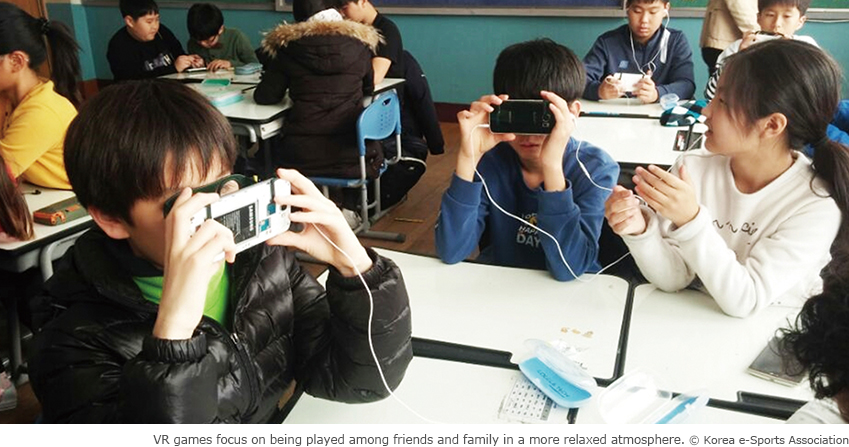
Korea continues to demonstrate its status as a force to be reckoned with in the online and mobile video game industries, and it’s expected to perform well in the rise of VR gaming. Furthermore, Korea is expected to continue performing well in new forms of games that might be introduced in the future. Korea has held a leadership position in the video game industry since the shift to internet-connected video games in the late 1990s and 2000s, and video games continue to inspire strong interest and passion in some segments of the country. Korea is truly an economy with all of the right conditions for the video game industry to develop.
Other Articles





Master Weaver




in Korea

Application of subscription
Sign upReaders’ Comments
GoThe event winners
Go


 July 2018
July 2018


